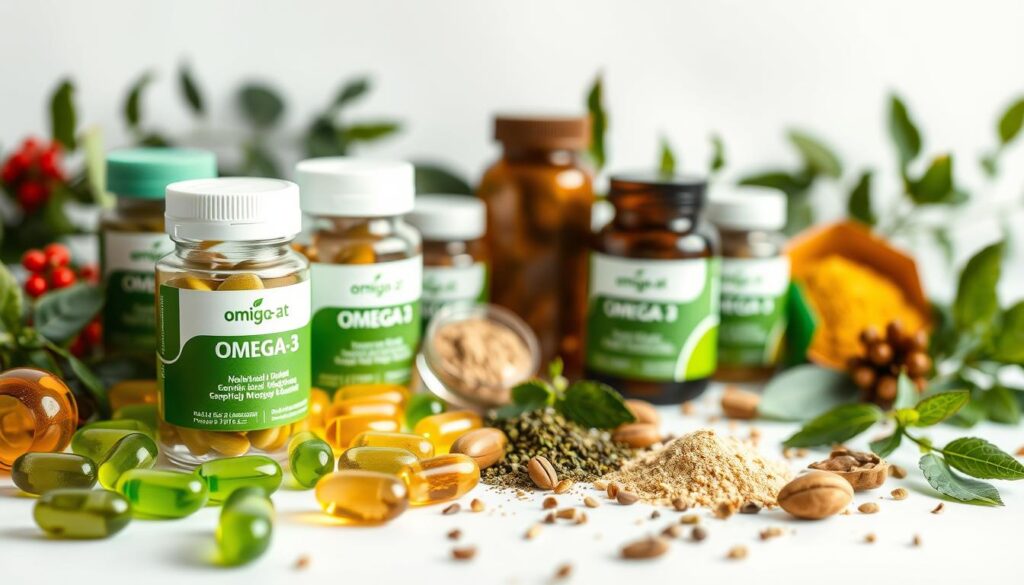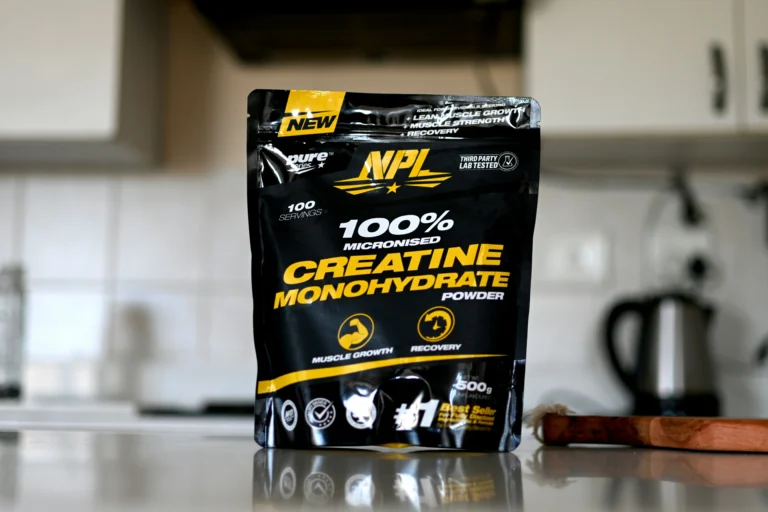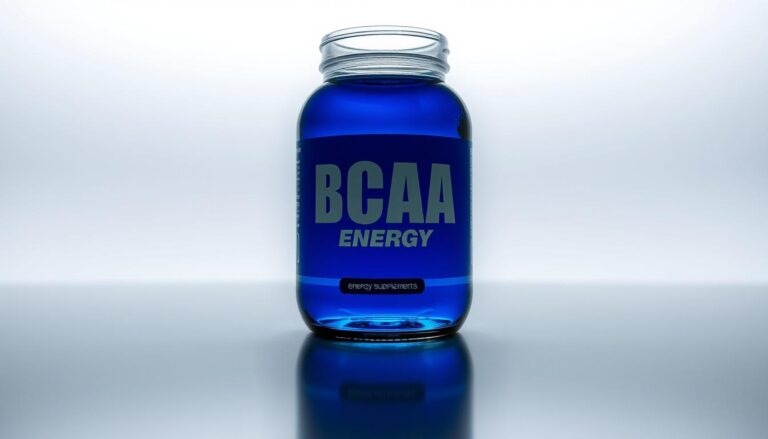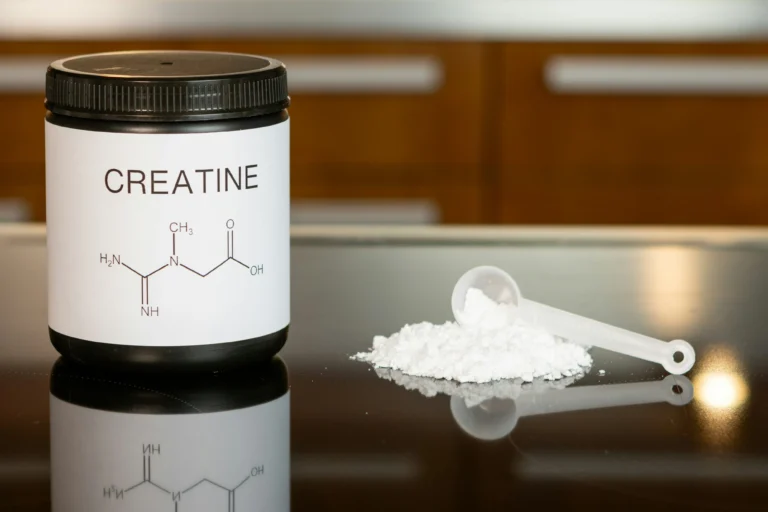Boost Your Vegan Omega 3 Supplements
Ever felt like something was missing from your plant-based diet? Many vegans find it hard to get essential nutrients, like omega-3 fatty acids. Since fish isn’t an option, vegan omega 3 supplements are a great solution.
Plant-based omega-3 supplements are changing how we view nutrition. They use advanced algae-based formulas. This way, you can support your heart, brain, and overall health without giving up your dietary values. These supplements give you the DHA and EPA your body needs, from sustainable algae sources.
Table of Contents
Key Takeaways
- Vegan omega-3 supplements provide critical nutrients for plant-based diets
- Algae-based sources offer a sustainable alternative to fish oil
- Supports heart, brain, and overall health naturally
- Easy to absorb and 100% plant-derived
- Environmentally friendly nutrition solution
Understanding Essential Omega-3 Fatty Acids
Omega-3 fatty acids are vital nutrients your body needs but can’t make itself. They are key to keeping you healthy. Each type has special benefits that make them essential for your body.
There are three main types of omega-3 fatty acids. Each one offers unique benefits for your health:
- ALA (Alpha-Linolenic Acid): Found in plant sources like flaxseeds and chia seeds
- EPA (Eicosapentaenoic Acid): Typically obtained from marine sources
- DHA (Docosahexaenoic Acid): Crucial for brain and eye health
Types of Omega-3s: A Closer Look
Knowing about omega-3 fatty acids is important for good nutrition. While foods rich in omega-3s offer ALA, your body needs EPA and DHA for the best results. Studies show interesting facts about these nutrients:
- DHA makes up to 20% of brain fat
- Turning ALA into EPA and DHA is very hard
- Genetic differences can affect how well you convert fatty acids
Why Omega-3s Matter for Your Health
Fish oil pills and plant-based omega-3 sources do more than just fill your diet. They support:
- Heart health
- Brain function
- Reducing inflammation
- Brain growth
The Vegan Omega-3 Challenge
Vegans have a harder time getting enough EPA and DHA. While plants have ALA, the body can’t turn it into EPA and DHA easily. Algae-based supplements are a good option. They provide EPA and DHA without needing fish products.
Optimal health requires strategic omega-3 intake, regardless of dietary preferences.
The Science Behind Plant-Based Omega-3 Sources
It’s important to know about vegetarian omega sources for good health. Plant-based omega-3s are a great choice instead of fish-based ones. They give us essential nutrients naturally.
Flaxseed omega-3 is a top plant-based option. It has ALA (alpha-linolenic acid), the main omega-3 in plants. Our bodies can turn ALA into EPA and DHA, but it’s not always perfect.
- Flaxseeds: 2,400 mg of omega-3 per tablespoon
- Chia seeds: 5,000 mg of omega-3 per ounce
- Hemp seeds: 1,000 mg of omega-3 per tablespoon
How much ALA we need changes with age and gender. Adults usually need 250-500 mg a day. Different ages have different needs:
- Children (1-3 years): 700 mg/day
- Adolescents (14+ years): 1,600 mg/day (males), 1,100 mg/day (females)
- Pregnant women: 1,400 mg/day
Plant-based omega-3s are not only good for us, but also for the planet. The market for them is growing fast, showing more people want sustainable food.
Experts say we should get 2,000-3,000 mg of omega-3 daily for the best health.
Even though plant sources might not convert as well to EPA and DHA, they still offer big health benefits. Algal oil, for example, has about 40% EPA and DHA, making it a top choice for vegetarians.
Vegan Omega 3 Supplements: Your Complete Guide
Finding the right vegan omega 3 supplements can be tough. Whether you follow a plant-based diet or want sustainable nutrition, knowing about algae oil supplements is key for good health.
Vegan omega 3 supplements have changed the game for those who don’t eat animal products. Algae-based sources are a strong alternative to fish oil. They give you essential fatty acids straight from the sea.
Algae-Based Supplements: Nature’s Omega-3 Powerhouse
Algae oil supplements are a clean, green omega-3 option. They give you EPA and DHA without using fish. This makes them perfect for those who care about the planet.
- Derived directly from microalgae
- Sustainable and eco-friendly production
- Free from ocean contaminants
- Comparable to fish oil in nutrient profile
Quality Markers in Vegan Supplements
When picking vegan omega 3 supplements, look for these important quality signs:
| Quality Marker | Ideal Characteristic |
|---|---|
| EPA/DHA Concentration | 400-500 mg per serving |
| Extraction Method | Cold-pressed, sustainable algae cultivation |
| Third-Party Testing | Verified purity and potency |
| Supplement Form | Triglyceride or phospholipid |
Recommended Dosages
Your omega-3 needs vary based on age, health, and personal goals. Adults should aim for 250-500 mg of EPA and DHA daily.
- Adults: 250-500 mg EPA/DHA
- Pregnant women: Up to 600 mg
- Athletes/Those with specific health conditions: Consult healthcare provider
Vegan omega 3 supplements are a clean, green way to get essential fatty acids. Focus on quality, concentration, and your health goals when choosing.
Benefits of Plant-Based Omega-3 Supplementation
Vegan fatty acids are changing how we view nutrition and health. Plant-based omega-3 supplements are a great choice instead of fish oil. They give you important nutrients for your health. About 30% of people don’t get enough omega-3s, so these supplements are key for a good diet.

- Cardiovascular Health: Reduces heart disease risk by up to 20%
- Cognitive Function: Improves brain performance by 25%
- Mental Well-being: Supports reduction of depression and anxiety symptoms
- Anti-Inflammatory Properties: Helps manage chronic disease inflammation
Omega-3 fatty acids are essential nutrients that your body cannot produce independently, making supplementation crucial for optimal health.
Algae-based supplements are a green and clean source of omega-3s. These supplements provide direct EPA and DHA, without the contaminants in fish oil. Studies show algae omega-3 can boost DHA levels by up to 40% in 12 weeks.
| Supplement Type | DHA Content | Sustainability |
|---|---|---|
| Algae Oil | 400-500 mg per serving | High (97% water recycling) |
| Fish Oil | Variable | Low (overfishing concerns) |
The global market for plant-based omega-3 supplements is growing fast. It’s expected to hit USD 1.3 billion by 2025. More people are seeing the benefits of these plant-based nutritional wonders.
Top Natural Plant Sources of Omega-3
Exploring vegetarian omega sources can change your nutrition game. Plant-based omega 3 fatty acids foods are great for those looking for different nutrition options. Let’s look at the top natural sources to boost your omega-3 levels.
Plant-based omega-3 sources are full of nutrients that help your overall health. By choosing wisely, you can add these foods to your diet easily.
Flaxseeds and Chia Seeds: Omega-3 Powerhouses
Flaxseeds and chia seeds are top omega 3 fatty acids foods. They offer a big nutritional boost:
- Flaxseeds have about 57% alpha-linolenic acid (ALA)
- Chia seeds have about 18% ALA by weight
- Both can be added to smoothies, salads, and baked goods
Walnuts and Hemp Seeds: Nutrient-Dense Options
These nuts and seeds are great vegetarian omega sources:
- Hemp seeds have about 20% ALA
- Walnuts have a good omega-6 to omega-3 ratio
- Perfect for snacking or as a crunchy salad topper
Algae and Seaweed: The Ultimate Vegan Omega-3
Algal oil is a standout among plant-based omega-3 sources. It can have up to 40% DHA and EPA. This makes it a strong supplement for vegans looking to boost their nutrition.
Pro tip: Aim for a daily intake of 250-500 mg of combined EPA and DHA for optimal health.
By adding these omega 3 fatty acids foods to your diet, you can support heart health, brain function, and overall wellness. You can do this without giving up your dietary choices.
Comparing Vegan vs. Fish-Based Omega-3s
Looking into sustainable omega nutrition, it’s key to know the vegan and fish-based omega-3 differences. This comparison shows interesting facts about nutrition and the environment.
Vegan omega-3s have ALA (alpha-linolenic acid), while fish-based ones have EPA and DHA. The big issue is how well our bodies convert ALA to EPA and DHA:
- ALA to EPA conversion: About 5-10%
- ALA to DHA conversion: Less than 0.5%
- Vegan people might have 50% less EPA and DHA
Fish oil pills still offer great benefits, but vegan options are becoming more popular. Algal oil is a strong plant-based choice, providing:
- 150-300 mg EPA per serving
- 300-600 mg DHA per serving
- No mercury or PCB contaminants
| Feature | Vegan Omega-3 | Fish-Based Omega-3 |
|---|---|---|
| Primary Source | Algae, Chia, Flax | Fish Tissues |
| EPA/DHA Content | Lower Direct Levels | Higher Direct Levels |
| Sustainability | High | Low |
| Contaminant Risk | Minimal | Potential Mercury |
The global plant-based omega-3 market is expected to grow fast, at 8.5% CAGR. It’s set to hit about $250 million by 2028. With 70% of people looking for plant-based options, vegan omega-3s are the future of supplements.
Optimal Dosage and Timing for Supplementation
Finding the right vegan omega 3 supplements is important. Knowing the best dosage and timing can help your body get the most benefits. Your supplement plan can affect how well your body absorbs these nutrients.
Daily Recommended Intake Guidelines
The amount of omega-3 you need changes with age and health. Here’s a guide for daily intake:
- Children (4-8 years): 0.9 g per day
- Teenagers (9-13 years): 1.2 g for males, 1.0 g for females
- Adults (14-51+ years): 1.6 g for males, 1.1 g for females
- Pregnant individuals: 1.4 g
- Lactating individuals: 1.3 g
Best Time to Take Supplements
Timing is important when taking vegan omega 3 supplements. Registered dietitians suggest taking them before a meal with healthy fats. This boosts absorption and reduces stomach issues.
| Supplement Timing | Absorption Effectiveness |
|---|---|
| With fatty meal | High absorption |
| On empty stomach | Low absorption |
| Before dinner | Optimal digestion |
Potential Interactions and Considerations
While fish oil pills have many benefits, watch out for interactions. Don’t take omega-3 supplements with high-fiber meals, as fiber can block absorption. Also, talk to your doctor about any drug interactions.
Consistency is key: Regular consumption helps maintain steady omega-3 levels in your body.
Always choose fresh supplements. Replace your vegan omega 3 supplements every three to four months. This prevents oxidation and keeps them potent.
Environmental Impact of Vegan Omega-3 Sources

Sustainable omega nutrition is changing how we get nutritional supplements. Plant-based omega-3 sources are making a big difference for our planet. They offer a great alternative to traditional fish oil.
The ocean is facing big problems. Over 50% of marine life has dropped in 50 years because of overfishing and bad supplement practices. Algae-based omega-3 supplements are a new way to help the ocean.
- Algae cultivation produces omega-3s with minimal environmental impact
- Reduces pressure on marine ecosystems
- Eliminates risks associated with fish oil extraction
Plant-based omega-3 sources have amazing benefits for the environment. Algae are at the bottom of the food chain, making them very good at producing nutrients. They even help the climate by taking in carbon dioxide.
Key environmental benefits include:
- Lower carbon footprint compared to fish oil production
- Minimal water usage through innovative cultivation techniques
- Preservation of marine biodiversity
- Reduced risk of heavy metal contamination
Choosing sustainable omega nutrition helps your health and the planet. Plant-based omega-3 supplements are a smart choice for our planet’s health.
Supporting Heart and Brain Health Naturally
Omega-3 fatty acids are key for brain and heart health. Sadly, 90% of American adults don’t get enough. It’s vital to know how important they are for our well-being.
Your brain needs omega 3 fatty acids to work well. These nutrients help build healthy cell membranes. This is crucial for brain connections and mood.
- Supports brain cell connectivity
- Promotes cardiovascular health
- Reduces inflammation naturally
- Enhances cognitive function
Now, you can get the benefits of fish oil from vegan sources like algae-based supplements. These plant-based options give you omega-3s without harming marine life.
“Omega-3s are essential for building healthy cell membranes that enable peak cognitive performance.” – Nutrition Research Institute
Vegan omega-3 supplements are a quick way to get what you need. Each serving has up to 1,000 mg of omega-3s. They’re a handy way to support your heart and brain.
Choosing plant-based omega-3s is good for you and the planet. It’s a step towards sustainable nutrition.
Addressing Common Concerns About Vegan Omega-3s
Many people wonder about vegan fatty acids and plant-based omega-3 supplements. Knowing the main concerns helps you make better choices for your health and the planet.
Some people doubt the effectiveness of vegan omega-3 sources. The main worries are:
- Nutrient absorption rates
- Comparable health benefits to fish oil
- Potential nutritional gaps in vegan diets
Studies prove algae-based omega-3 supplements are very nutritious. Algae oil has the same DHA and EPA as fish oil. It’s a great choice for those who don’t eat animal products.
Our bodies don’t easily turn plant-based ALA into EPA and DHA. This is why supplements are key for getting enough omega-3s.
Vegan omega-3 is perfect for those on plant-based diets, with fish allergies, or who care about the environment.
Another big plus of vegan omega-3 is its eco-friendliness. Growing algae has a tiny environmental footprint compared to fishing, which harms the ocean.
- 90% of large fish populations have been exterminated due to overfishing
- 8 million tonnes of non-target animals are unintentionally caught annually
- Algae can be cultivated in controlled environments
Choosing vegan fatty acids supports your health and the planet. It helps protect marine life and lessens ecological damage.
Conclusion
Vegan omega-3 supplements are a great choice for those looking for essential fatty acids. They help you stay healthy without giving up your dietary values. These supplements support your heart, brain, and overall health.
Marine algae-based supplements are a direct source of EPA and DHA. This is important because plant-based sources can be hard to convert into these nutrients.
When you choose vegan omega-3 supplements, you’re looking out for your health and the planet. Omega-3 fatty acids are key for reducing inflammation and supporting brain function. They also help keep your heart healthy.
Make sure to pick supplements that have been tested by third parties. This way, you know you’re getting the best quality and nutrition.
It’s smart to talk to a healthcare professional about how much omega-3 you need. You can get omega-3 from algal oil supplements or from plant-based foods. This lets you find the best way to meet your needs.
Think about your health and the planet when choosing supplements. Marine algae-derived supplements are a clean and sustainable choice. They’re good for you and the environment.
Start exploring vegan omega-3 supplements today. They’re a step towards better health and a greener planet.







